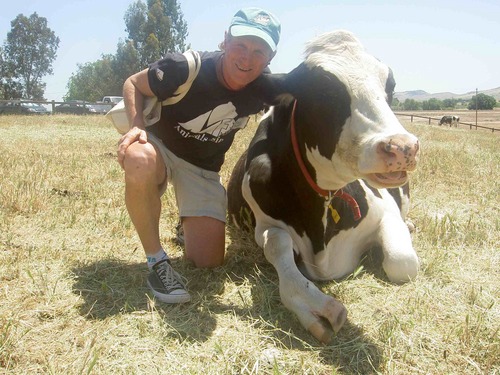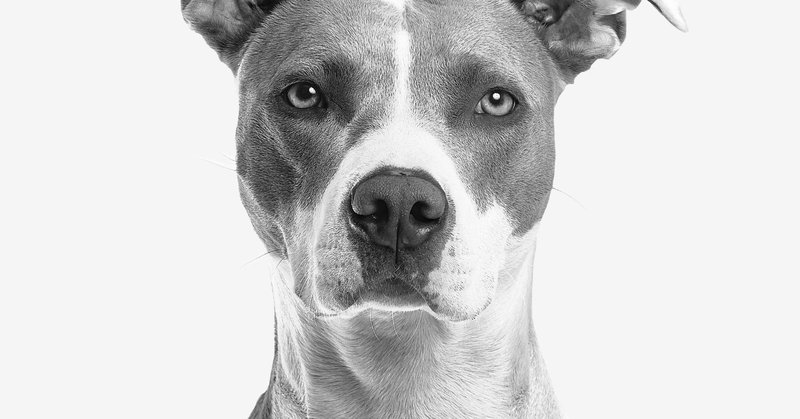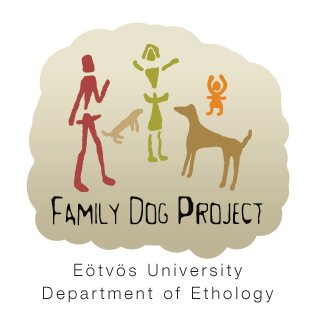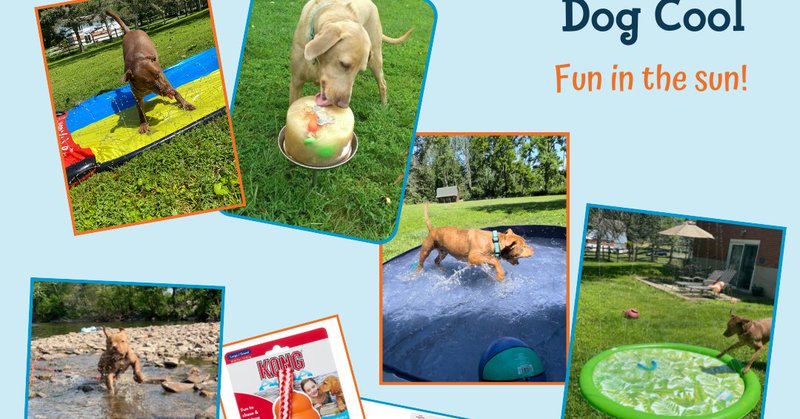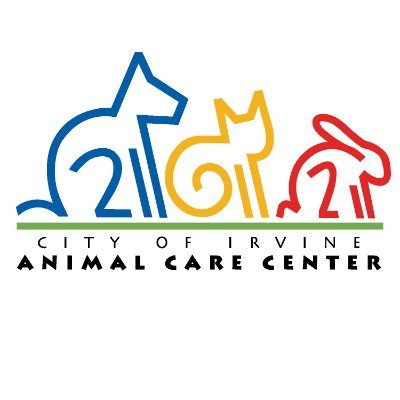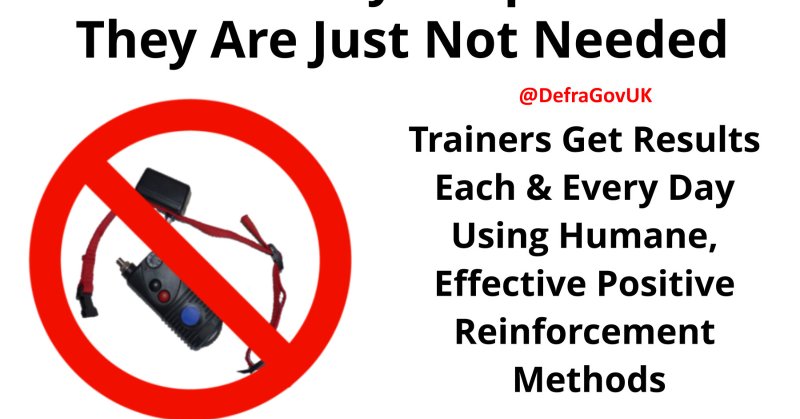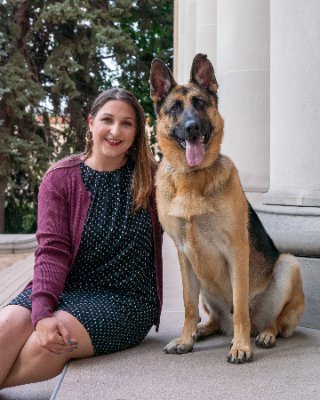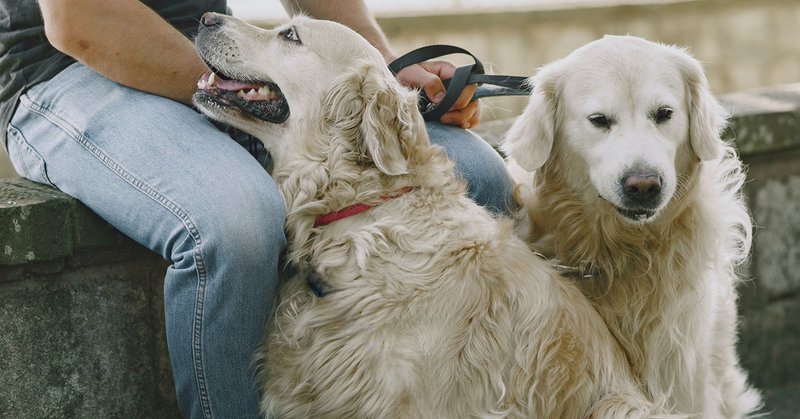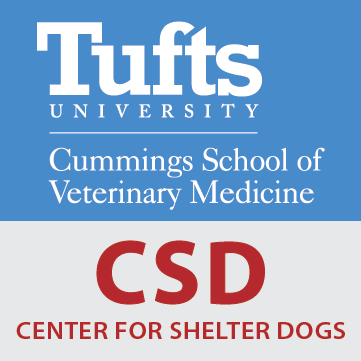
Collaborative for Shelter Dogs
@Ctr4ShelterDogs
Followers
2K
Following
1K
Media
505
Statuses
3K
Dedicated to improving the lives of dogs in shelters & homes. We offer free behavioral resources for shelter dogs. At Cummings School for Vet Med at Tufts U.
North Grafton, MA
Joined November 2010
A new study that appears to support the use of e-collars in specific circumstances has prompted a lot of discussion. Bottom line for us: why use a tool that inflicts pain & fear when there are other humane & effective options available?
Is Balanced Training Fair to Dogs or Is It a Cop-Out? Balanced dog training using positive reinforcement (rewards-based) methods and aversives (physical punishment) is no better than simply using force-free positive methods and love. https://t.co/xrlEGNilhO
0
0
0
“It's clear to anyone who pays close attention to how dogs should be taught to adapt to a human-oriented world that positive, force-free, do no harm training is the only show in town.” Training Your Dog With Love, Science, and Consent | Psychology Today
psychologytoday.com
Annie Grossman offers a science-based, fun view of dog training and shows positive reinforcement is the best way to allow a dog to express who they really are―their true dogness.
0
0
0
We know #noise in shelters is a problem - but @BaileyHopeEagan showed how much in her research! Sound was notably louder in the morning & sheltered cats displayed more fear #behavior. She shared great practical tips for reducing noise. #sheltermedicineconference
0
2
3
Dr. Emily McCobb, @TuftsCAPP @tuftsvet, suggests the fields of vet met, shelter med, & community med look at common values & goals rather than differences, as we have more in common than not. She says a new direction is under the umbrella of community medicine.
0
0
0
Specifically to food, risk factors for puppies to show resource guarding include: age of dam; maternal history of resource guarding; breeder intervention when guarding; multi-dog households; activity level and sex. Not consistent over time/individuals. @QuinnRausch #CSC2024
0
4
5
A review of 23 studies found that dog bites in children frequently lead to psychological consequences such as PTSD, dog phobia, nightmares, and anxiety, highlighting the need for more focused management strategies on the psychological impacts. #CanineNews
0
1
8
Want to win a *FREE ticket* to the PPG British Isles Summit? Just follow the steps listed below and submit your entry using this form: https://t.co/UKJQSfqzQo
#England #SummerTicket
0
1
1
Six Ways to Keep Your Dog Cool During the Summer Months
petprofessionalguild.com
Some dogs might not enjoy swimming in their big backyard pool, but enjoying laying in a baby pool. Some even like to roll around in it.
0
1
1
June 1 looks to be a good day to adopt a pet if you live in California!
Visit the Irvine Animal Care Center Saturday, June 1, for California Adopt-a-Pet Day! Thanks to the support of the ASPCA and CalAnimals, all adoption fees will be waived June 1. This is your chance to find your fur-ever friend. ℹ️ https://t.co/hGPLr8qxke
#IrvineAnimals
0
0
0
This sounds interesting! Register to find out more in their webinar.
Help Us Provide The Antidote to Harmful, Aversive Training & Pet Care! Learn About Celebrating Life Together - Join us for a FREE meetup and learn how you can get involved. ⏰June 4 at 12 pm ET Register here: https://t.co/8Jnv6suT7T
#petcare #advocacy #SocialMediaContest
0
0
0
There are many ways to add more agency in the lives of our companion dogs and to give them the opportunity to consent to whatever activities are happening at that moment. Great suggestions here!
Consent Training Shows Dogs We Respect Their Points of View Providing your dog with the opportunity to give their consent creates a relationship of reciprocity. https://t.co/bkkNxi3DEi
0
0
0
For National Pet Poison Prevention Week, the ASPCA Animal Poison Control Center has results of the top toxins by state in 2023. Check out this map. Are you surprised by the results? Let us know in the comments. #NPPW2024 #PreventPetPoisonings #PetSafety #APCC #ASPCA
0
1
3
Great time at @NewEnglandFed 's Annual Training Conference this week! Amazing speakers, enthusiastic & engaged attendees, an organic theme of community engagement, authentic listening & understanding, and building collaborative partnerships. Great to be back!
0
0
0
UK Residents: Urgent Action Needed to Make a Kinder World for Pets
petprofessionalguild.com
We have less than six months for UK citizens to get 100,000 signatures on this petition to ban electric shock collars for dogs and cats.
0
1
2
More research showing beneficial effects of affiliative interactions between children and dogs - for BOT children and dogs!
Congrats to @EvanMacLean @g_gnanadesikan et al. for their new study, which found that cortisol decreases for both children AND dogs during affiliative interactions. Children with stronger human-animal bonds exhibited the largest decreases in cortisol. https://t.co/SJuWVOJYR0
0
0
1
Join our team at @uarizona! I'm recruiting a Postdoc to lead innovative research on the impacts of the human-animal bond using a #OneHealth approach🐕🦺 Individuals from all backgrounds are encouraged to apply. Please share! Apply at: https://t.co/PD3YCZyS8Y
2
39
44
Nice write-up by @faunalytics of insightful study by @LexisHLy and @dr_prot of how varied & inconsistent shelter intake data can be. Dovetails with @sacanimaldata data, highlighting need for internal & external standardization. https://t.co/QSQ2EhacjN
faunalytics.org
This study suggests that shelter staff vary in how they describe the details of animal surrenders, which can have consequences for the animals themselves.
0
2
2
Can’t wait to read this!
I wish it was coming out today! Alas, we will all have to wait 75 more days! Available for pre-order at: https://t.co/gyfxz5tE4W
0
0
1
What do you think, have you seen this with your adopters? Why Your New Dog Is Not as Smart as Your Previous Dog | Psychology Today
psychologytoday.com
It is common for people to believe that a new dog added to their household is less intelligent and less well-bonded than their first dog. This is called "Second Dog Syndrome."
0
0
0

